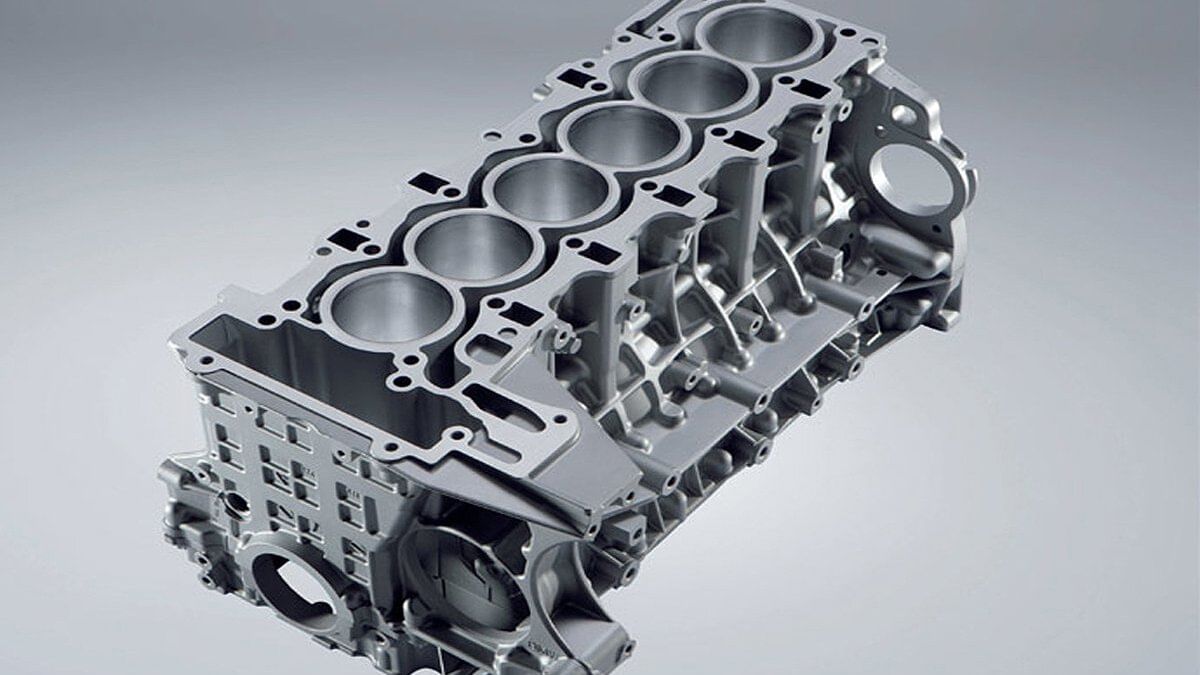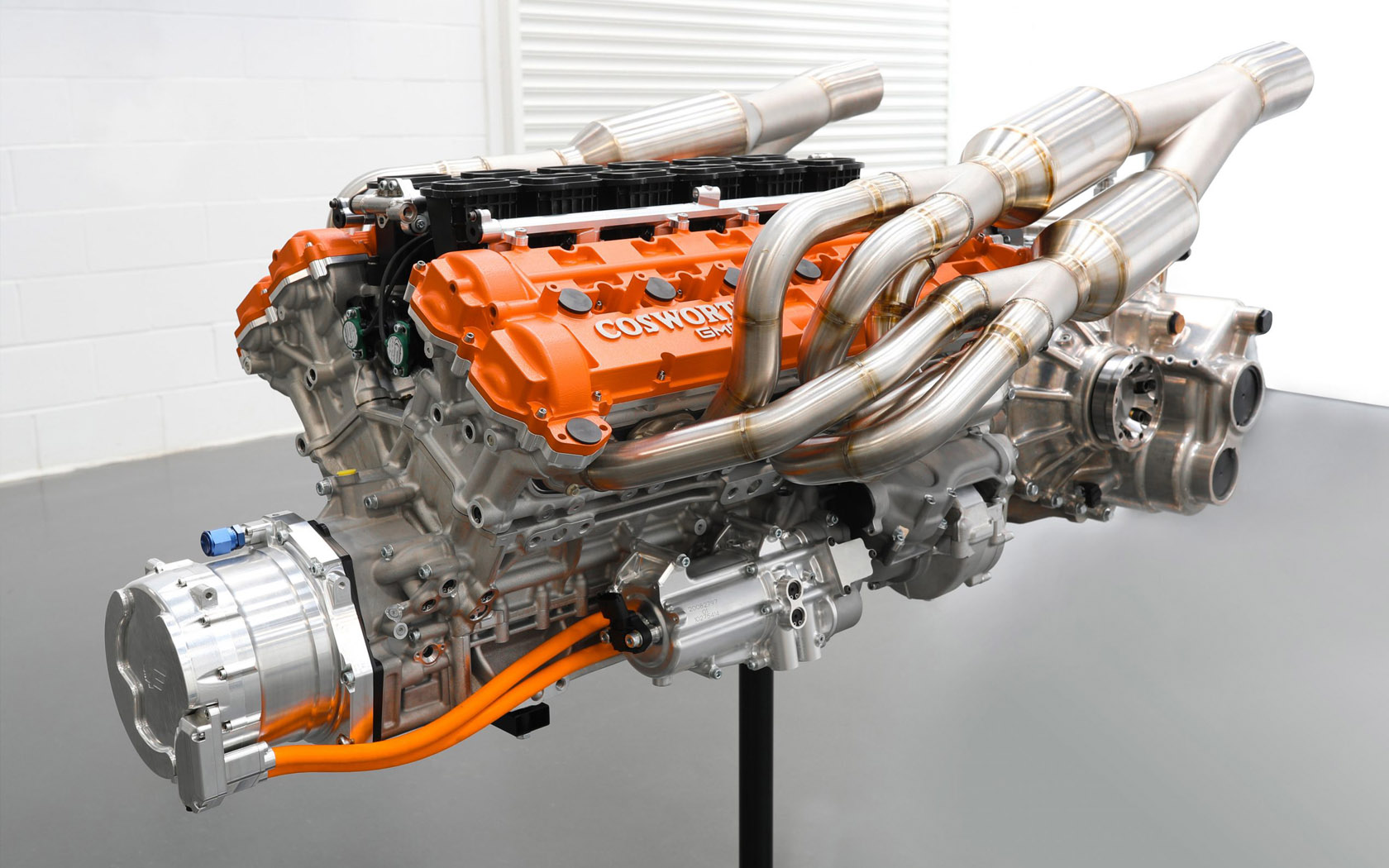Explore a Wide Variety of Engines for each Lorry and Purpose
The automotive landscape is progressively complicated, with a varied variety of engine kinds created to fulfill specific performance and efficiency needs throughout various lorry classifications. From the high-performance engines that power cars to the fuel-efficient options tailored for everyday travelling, the options are large and varied. In addition, sturdy engines serve the needs of job lorries, while eco-friendly choices are obtaining grip in the pursuit of lasting transport. Comprehending these distinctions is crucial for making notified decisions, particularly as arising innovations continue to form the future of vehicle engineering. What ramifications might these advancements hold for makers and consumers alike?
Kinds Of Automotive Engines
Automotive engines can be classified right into a number of distinctive types, each created to fulfill particular performance and effectiveness demands. One of the most usual categories consist of internal combustion engines, electric engines, and crossbreed systems.

Electric engines, on the various other hand, operate on electric power saved in batteries, providing instantaneous torque and zero discharges. These engines are coming to be progressively preferred due to innovations in battery technology and the growing focus on sustainability.
Crossbreed systems combine both interior burning and electric engines, allowing lorries to optimize fuel performance and reduce discharges by seamlessly switching over in between source of power. Each engine kind offers its advantages and downsides, affecting factors such as vehicle design, intended use, and market demand. Recognizing these distinctions is essential for makers and customers alike when selecting the appropriate engine for their particular requirements.
Performance Engines for Sports Cars
Efficiency engines for cars are specifically engineered to supply boosted rate, dexterity, and power, establishing them besides common vehicle engines. These engines commonly use sophisticated innovations such as turbocharging, supercharging, and variable shutoff timing to optimize effectiveness and responsiveness.
Usually, performance engines are designed with greater compression ratios, which permit better energy extraction from gas. This leads to impressive horse power and torque figures, enabling quick velocity and higher leading speeds. The lightweight products used in these engines, such as light weight aluminum and carbon fiber, contribute to minimized general vehicle weight, improving handling and maneuverability.
Engine arrangements like V6, V8, and even hybrid systems prevail in performance cars, each offering distinct advantages in terms of power distribution and driving dynamics. The adjusting of these engines is also critical; numerous manufacturers maximize the engine monitoring systems to supply an exciting driving experience, usually including sporting activity modes that change throttle feedback and gear shifts.
Reliable Engines for Daily Commuters
In the realm of everyday travelling, efficient engines play an important duty in optimizing gas economy and reducing exhausts while providing reputable efficiency. As city populations grow and ecological problems intensify, the demand for automobiles equipped with effective powertrains has risen.
Modern engines made for daily commuters commonly include technologies such as turbocharging, direct fuel shot, and hybrid systems. Turbocharging boosts engine efficiency by requiring even more air into the burning chamber, permitting for smaller sized, lighter engines that do not compromise power output. Direct fuel injection improves fuel atomization, resulting in much better combustion and enhanced effectiveness.
Hybrid engines, integrating inner combustion with electric power, further augment gas economy, particularly in stop-and-go traffic, where traditional engines can struggle with inefficiencies. Electric electric motors assist during acceleration and can run individually at reduced rates, minimizing general fuel consumption.
Furthermore, developments in engine management systems and lightweight products contribute considerably to efficient engine layout. By concentrating on efficiency, toughness, and environmental sustainability, producers continue to supply engines that not just satisfy the demands of daily travelling however also straighten with international efforts to reduce carbon impacts.
Heavy-Duty Engines for Job Automobiles
Sturdy engines for job cars are routinely crafted to deliver exceptional torque and integrity under demanding conditions. These engines are created to carry out in environments where standard engines may fail, such as building websites, logging operations, and farming settings. The key focus of sturdy engines is their capability to generate high levels of power while keeping toughness over extended durations of operation.
Normally, heavy-duty engines use advanced materials and durable construction strategies to endure the roughness of heavy workloads. Attributes such as enhanced cylinder blocks, improved air conditioning systems, and advanced fuel shot technologies contribute to their performance. These engines typically run at reduced RPMs, which helps to enhance gas efficiency while supplying the essential power for hauling and carrying.
In enhancement to mechanical effectiveness, heavy-duty engines are frequently outfitted with sophisticated electronic control devices (ECUs) that take care of performance, emissions, and diagnostics. This combination permits for far better monitoring and maintenance, making sure that job lorries continue to be operational and efficient.
Inevitably, heavy-duty engines are a necessary component in the efficiency of various markets, providing the try this site needed power and integrity to take on the hardest of jobs.
Eco-Friendly Engine Options
The expanding focus on sustainability has actually brought about the growth of environmentally friendly engine choices that prioritize decreased emissions and improved fuel efficiency. These engines are designed to decrease the ecological influence of automobiles while still providing the performance and reliability Our site expected by consumers.
Among the most significant environmentally friendly options are hybrid and electric engines. Crossbreed engines integrate conventional internal burning engines with electrical propulsion, permitting reduced gas intake and lower greenhouse gas emissions. Electric engines, on the various other hand, operate entirely on battery power, generating no tailpipe discharges and adding to cleaner air top quality.
An additional appealing growth is the improvement of biofuel engines, which utilize renewable energies, such as plant products, to power vehicles (Engines For Africa). By utilizing biofuels, these engines can reduce reliance on fossil gas and lower total carbon footprints

As the automobile sector develops, eco-friendly engine choices will play a critical role in driving the change towards even more sustainable transportation solutions.
Final Thought
The automotive market supplies a diverse selection of engines developed to satisfy various automobile demands and objectives. From high-performance engines that boost sports car abilities to reliable models focusing on gas economic climate for day-to-day commuters, each type offers a specific function. Durable engines provide to robust work automobiles, while eco-friendly straight from the source options, such as electric and biofuel engines, advertise lasting transportation. This detailed array ensures that all driving demands are attended to, adding to advancements in automobile innovation and ecological stewardship.
